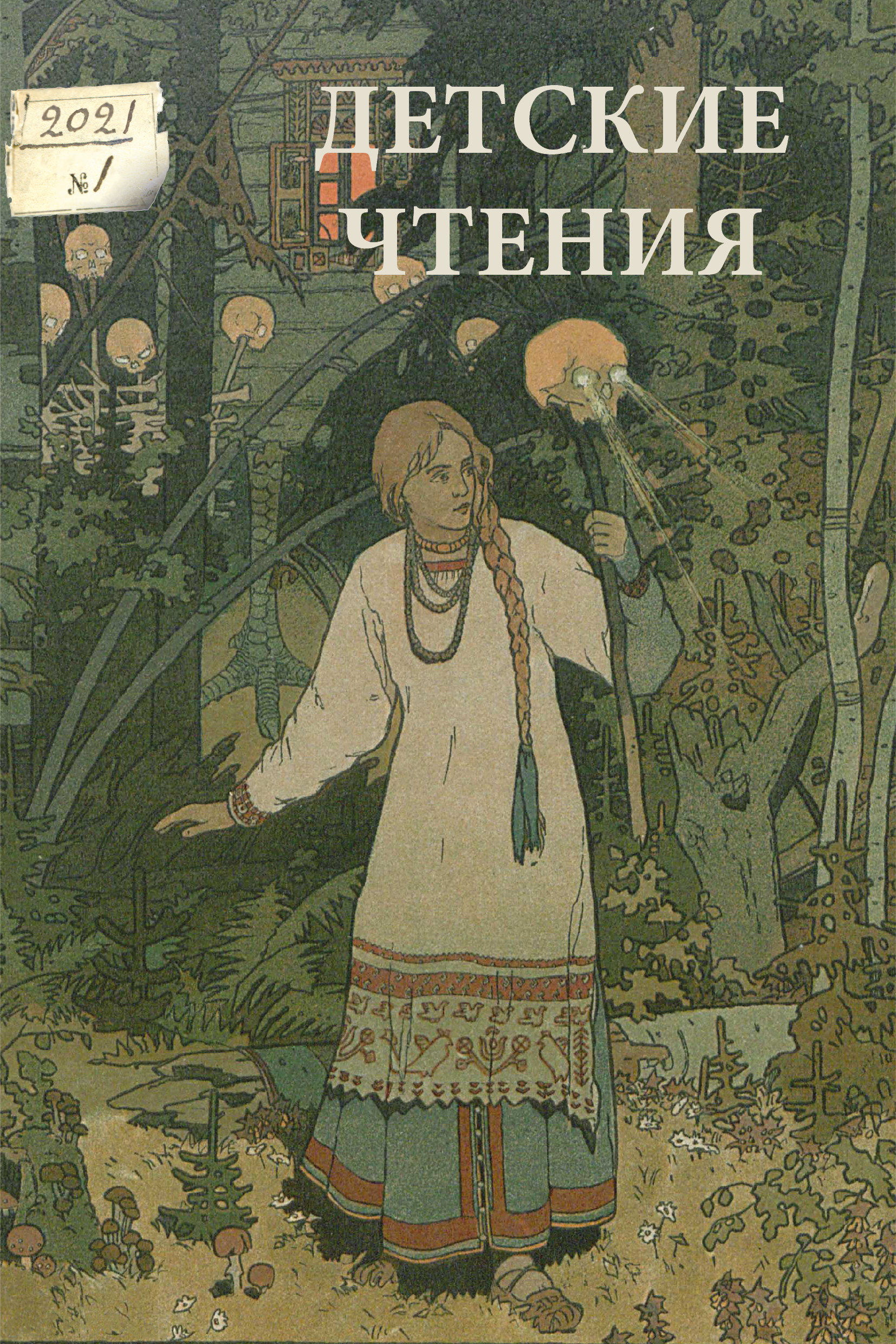Scientific tales by Kurd Lasswitz: between literature, science and philosophy
DOI:
https://doi.org/10.31860/2304-5817-2021-1-19-152-167Abstract
The article deals with the works of German science fiction writer Kurd Lasswitz (1848–1910). The article provides a brief description of the main themes and directions of the writer’s work. Lasswitz was the creator of the scientific tale genre (das wissenschaftliche Märchen), in which he had set the task of building new relationships between science and literature,
nature and man, the animate particle and the cosmic whole. In accordance with the spirit of the fin de siècle era the scientific tale represented a new, post-positivist ideal of knowledge. The key theme of Lasswitz’s fiction was the search for extraterrestrial civilizations.Mars became for Lasswitz a place where the intelligent extraterrestrial beings have realized an ideal society in which ethics and technology are NOT in conflict. Lasswitz was not a neo-Kantian philosopher only, he was also an active popularizer of Kant’s philosophy. He was striving to create a Kantian utopia in literature.
For Lasswitz Mars became the realization of this utopia. Also Lasswitz sought to give literary embodiment to the ideas of another philosopher, Gustav Theodor Fechner. Following his philosophy, Lasswitz develops environmental and existential issues of the coexistence of intelligent plants with humans. In Lasswitz’ story for children “The Escaped Flower” (1910),
one can trace how in Lasswitz’ science fiction (scientific tale) the themes of the habitability of space (Mars), science and technology of the future interact with the ideas of Kant and Fechner.
Keywords: Kurd Lasswitz, Immanuel Kant, Gustav Theodor Fechner, scientific tale, Neo-Kantianism, Mars, space, technology, ethics, science, plants







